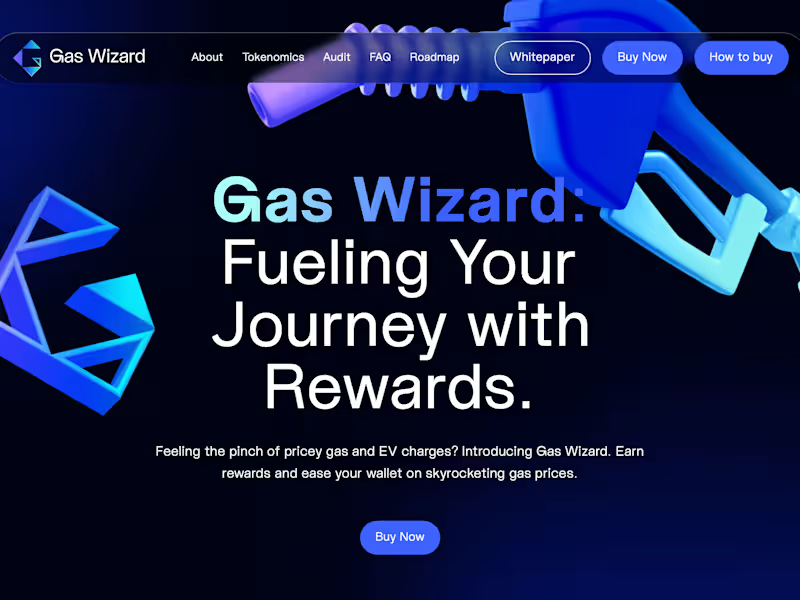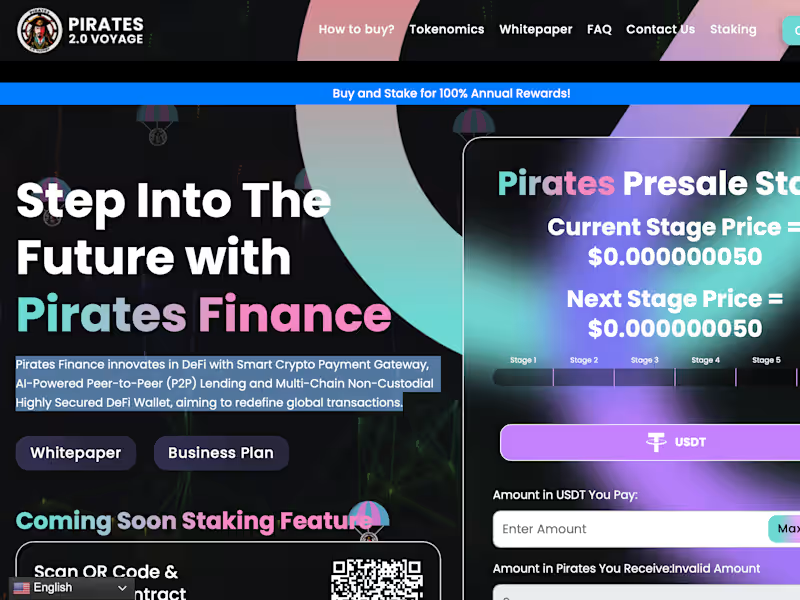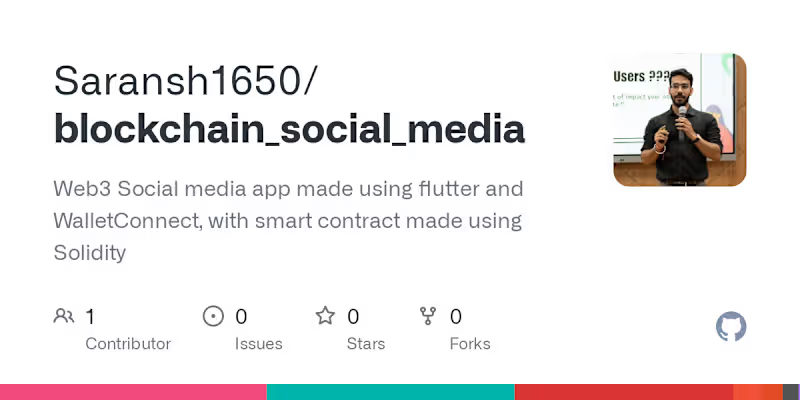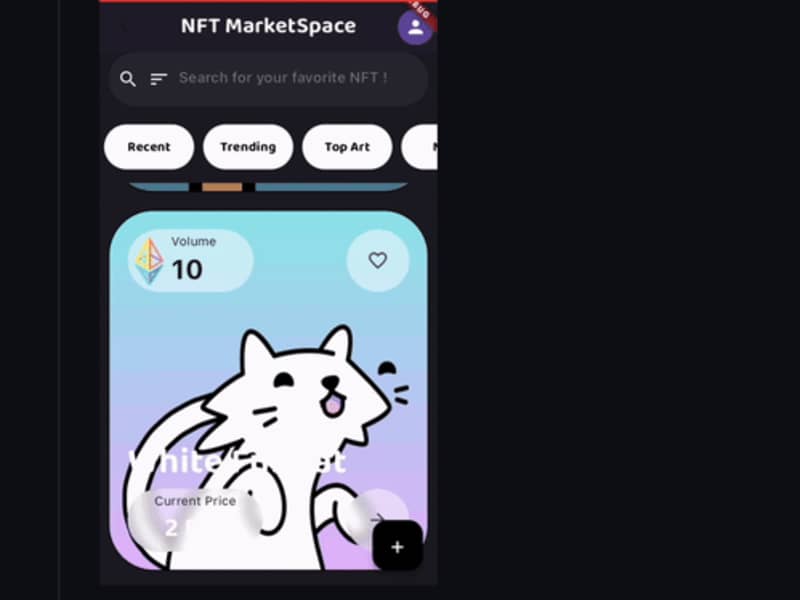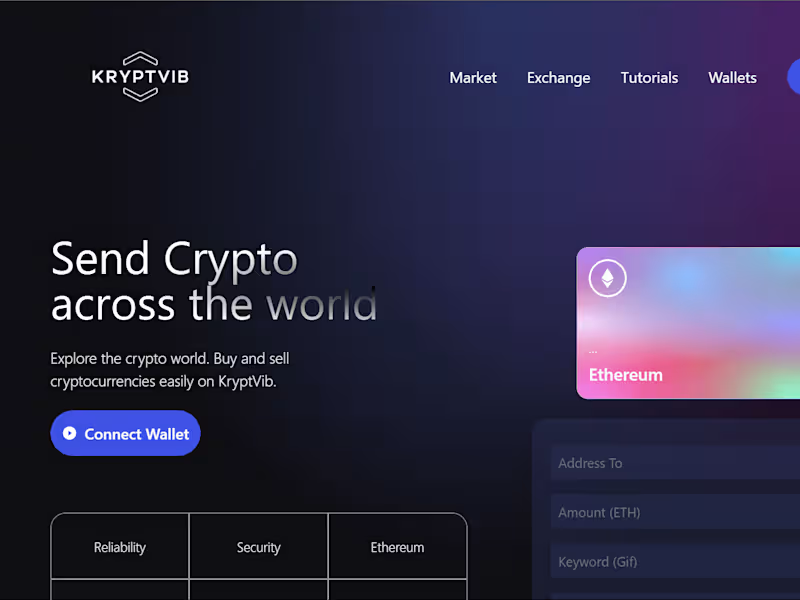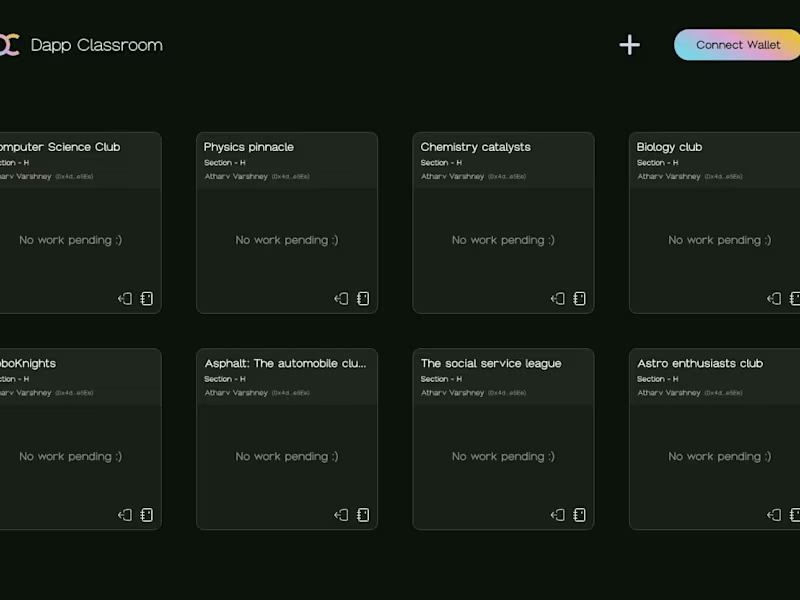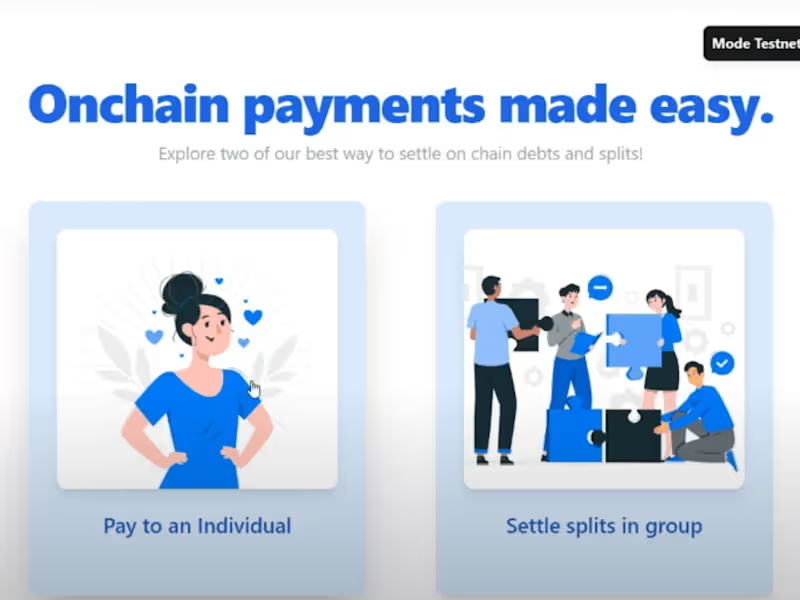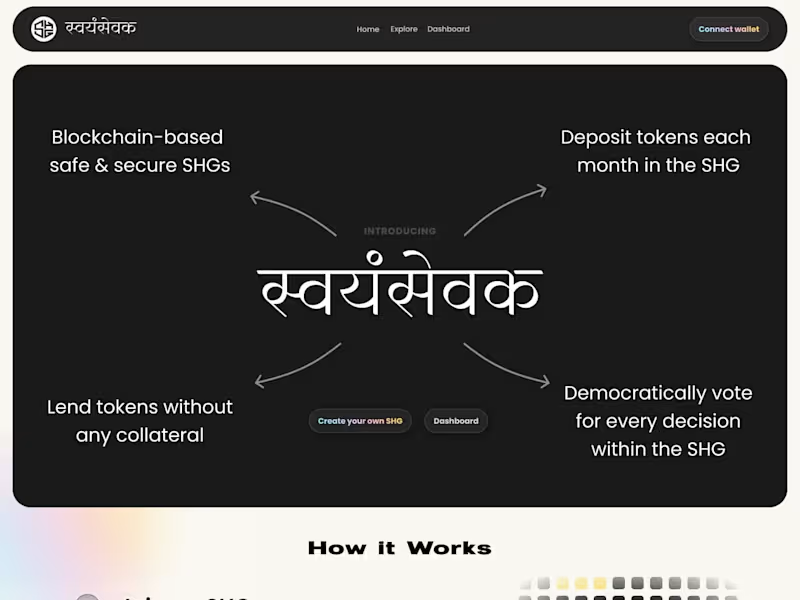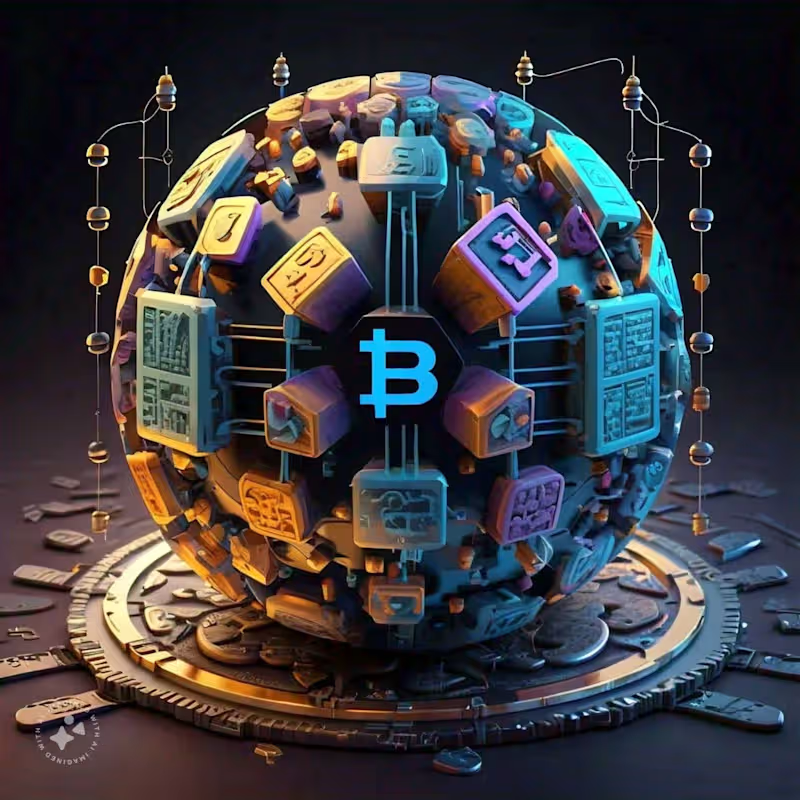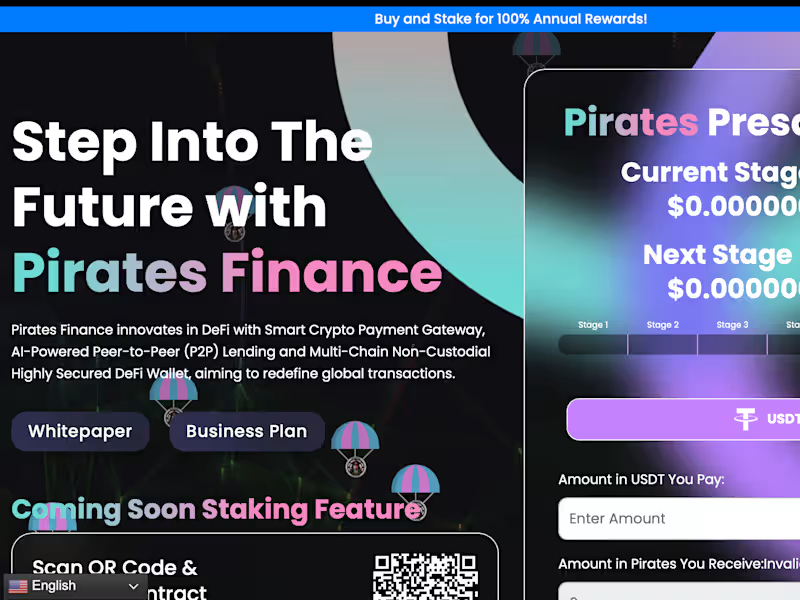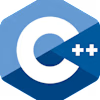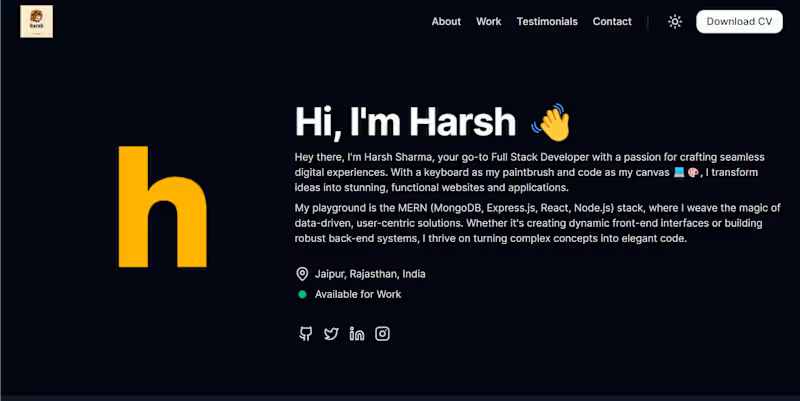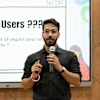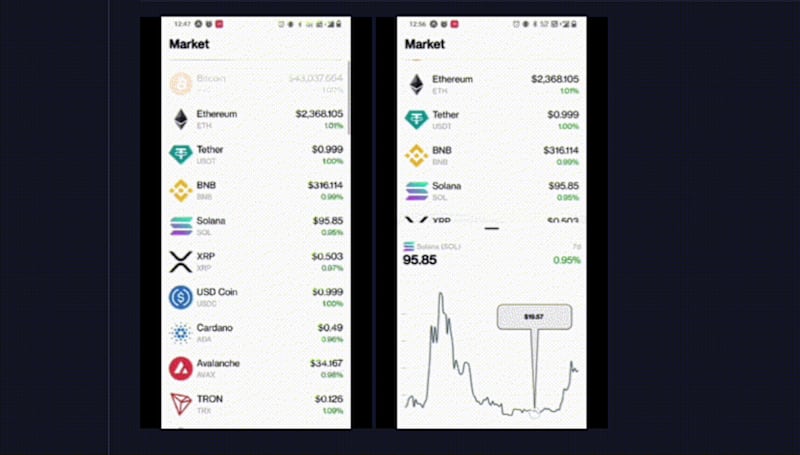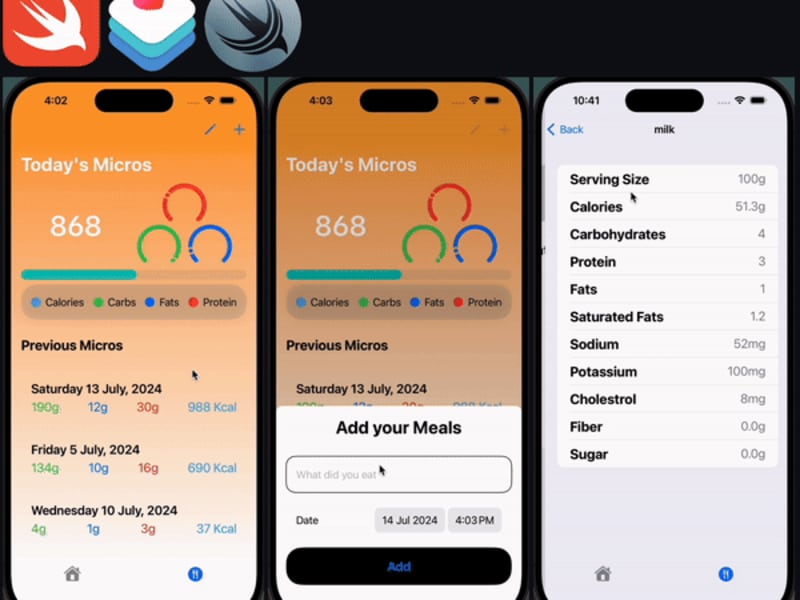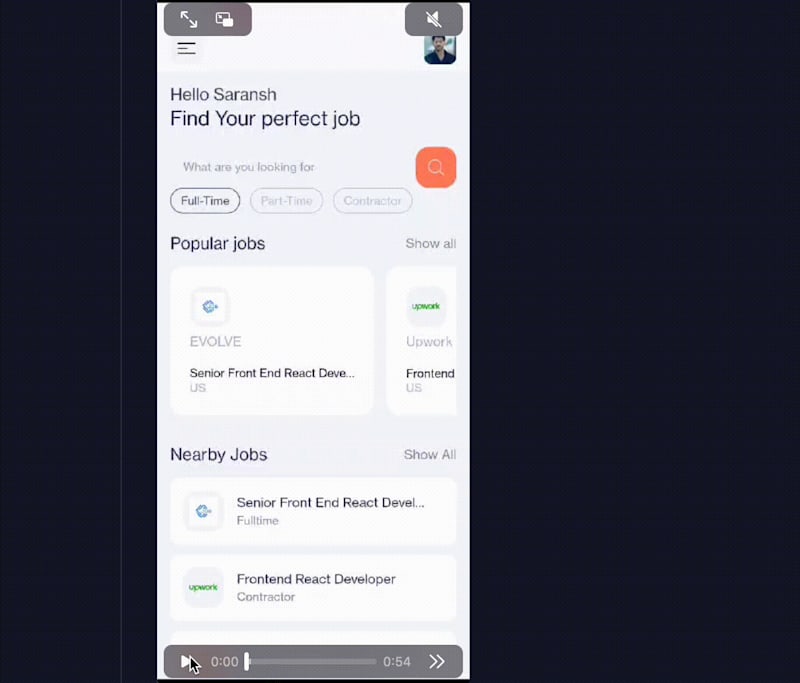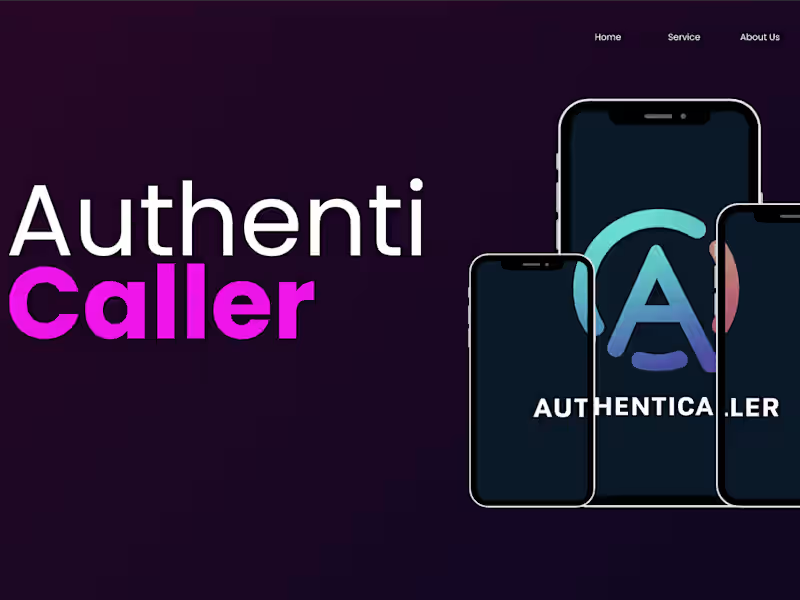Additional resources
What Is Blockchain Development
Smart Contract Development
Decentralized Application Development
Blockchain Protocol Development
Cryptocurrency Development
Why Hire Blockchain Developers in Rajasthan
Cost-Effective Talent Pool
Growing Tech Ecosystem
Government Support for Blockchain Initiatives
Strategic Location Advantages
Essential Skills to Look for When You Hire Blockchain Developers in India
Programming Language Proficiency
Platform Expertise
Cryptography Knowledge
Security Best Practices
Database Management Skills
Types of Blockchain Developers for Hire in Rajasthan
Core Blockchain Developers
Blockchain Software Developers
Smart Contract Engineers
DeFi Developers
NFT Developers
Where to Find Blockchain Developers in Rajasthan
Local Tech Communities
University Partnerships
Blockchain Training Institutes
Professional Networks
Remote Hiring Platforms
Salary Expectations for Blockchain Development Services in Rajasthan
Entry-Level Developer Salaries
Mid-Level Developer Compensation
Senior Developer Packages
Freelance vs Full-Time Rates
How to Hire Blockchain Developers in Rajasthan: Step-by-Step Process
Step 1: Define Project Requirements
Step 2: Create Job Descriptions
Step 3: Screen Candidates
Step 4: Conduct Technical Assessments
Step 5: Negotiate Terms
Step 6: Onboard Developers
Interview Questions for Blockchain Developers
Technical Knowledge Questions
Problem-Solving Scenarios
Project Experience Questions
Security Assessment Questions
Common Challenges When You Outsource Blockchain Development in Rajasthan
Skill Gap Issues
Retention Challenges
Communication Barriers
Infrastructure Limitations
Legal Considerations for Blockchain Development Companies in Rajasthan
Contract Structures
Intellectual Property Rights
Data Protection Compliance
Payment Terms
Building Effective Blockchain Development Teams
Team Structure Models
Role Distribution
Collaboration Tools
Performance Metrics
Future Trends in Rajasthan's Blockchain Development Market
Emerging Technologies
Industry Applications
Skill Evolution
Market Growth Projections







































